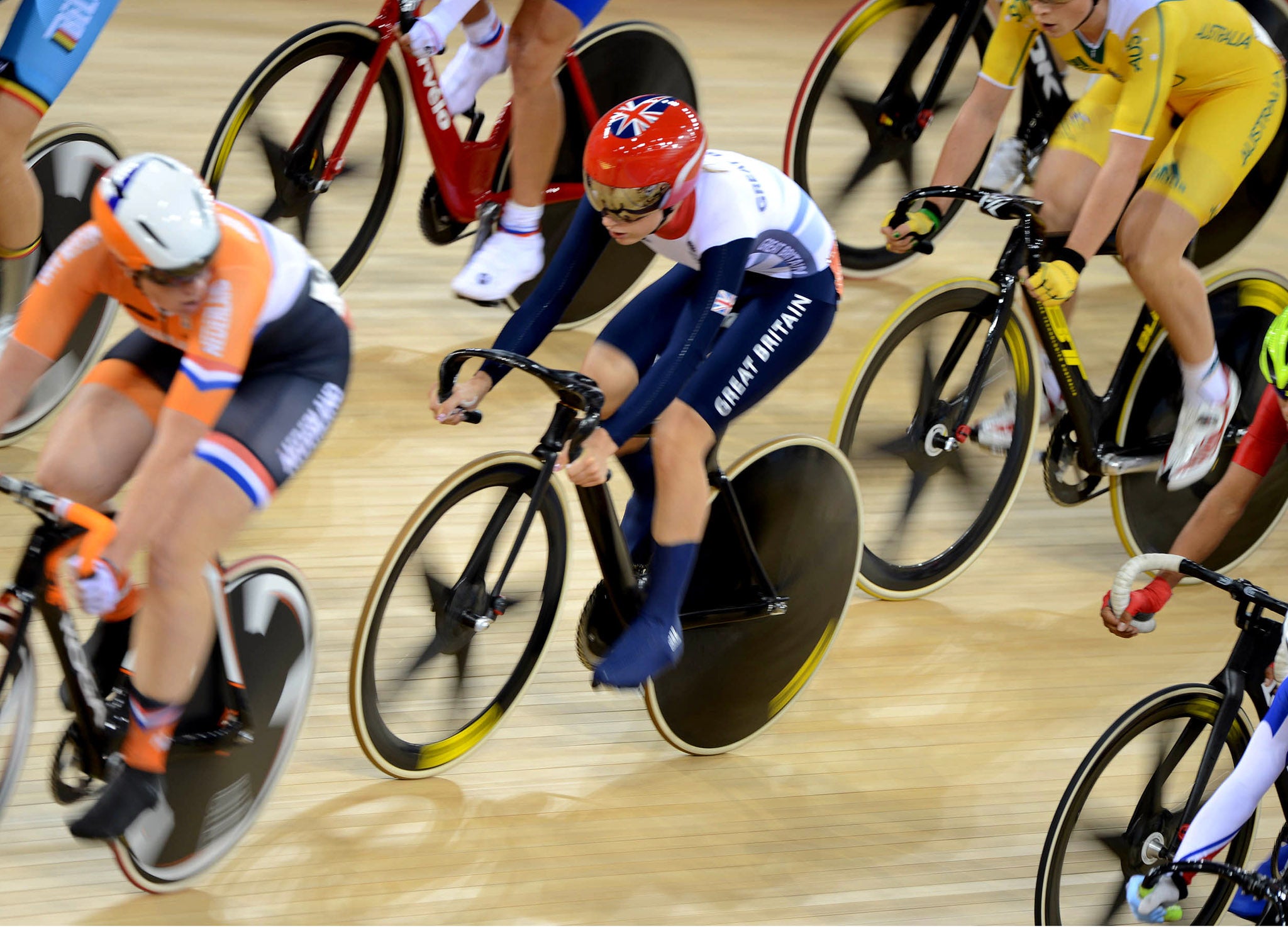Can they wheelie do it? Radio 5 Live aim to run on power generated by Team GB cyclists
The radio station will be powered entirely by bicycles and biofuel for Energy Day in September

The BBC is planning to power the output of one of its national radio networks solely through the power of bicycles and biofuel made from chip fat in experiments designed to draw attention to Britain's impending energy crisis.
Radio 5 Live is hoping to call on the services of around 30 cyclists - including members of Great Britain's successful Olympic cycling team - to generate sufficient power to keep the station on air, The Independent has learned.
The station is creating an outside broadcast studio that will have its own grid and be powered at various times by bicycles, portable wind turbines, roundabouts, see-saws and by solar panels to be installed at the BBC's Media City complex in Salford, where Radio 5 Live is based. The BBC hopes to support broadcasting with home-made biofuel generated by waste chip fat, a technique that has been used to run cars.
The studio is to be set up in a tent on the piazza of Media City and some members of the public will be able to attend the 12 hours of broadcast. The Radio 5 Live outside broadcast studio will probably need around 2 amps of power to remain operational.
The experiments are planned by the new Radio 5 controller Jonathan Wall, who is preparing to dedicate the schedule to an "Energy Day" to highlight the approaching power shortage facing Britain, with the likelihood of blackouts expected to increase from 2015.
The high point of the Energy Day, which is due to take place in September, is set to be Richard Bacon's afternoon show, which is being dubbed "Bike-powered Bacon" and involve the Olympic cyclists and other riders pedalling for the whole two hours of the show. An electric power gauge will show the audience when the energy levels have slipped to levels when the outside broadcast is in danger of being lost. Sources said that if the studio loses power then a back-up plan is in place to keep 5 Live broadcasting.
The energy industry regulator Ofgem has warned that spare electricity power production capacity could fall to 2%, prompting fears of blackouts. Ofgem chief executive Alistair Buchanan has spoken of "unprecedented challenges" facing Britain's energy industry. The need "to attract the investment to deliver secure, sustainable and affordable energy supplies for consumers still remain", he said.
Radio 5 Live is hoping that senior politicians will come to Media City to participate in the Energy Day. Ed Davey, the Secretary of State for Energy and Climate Change has tried to set an example to consumers in saving energy by replacing his own front door - "which was leaking energy" - and installing a "super energy efficient boiler" in his home. The more controversial issues of nuclear power and fracking are also due to be discussed during the day, which will feature a live evening debate.
The Energy Day - which is likely to feature on some BBC television shows such as Blue Peter and The One Show - will also include money-saving expert Martin Lewis discussing ways of reducing energy bills. The BBC is also commissioning major new research on public attitudes to renewable energy.
The broadcast is being made in conjunction with the award-winning British independent radio company TBI Media, which previously made BBC Radio 2's award-winning "Titanic: Minute by Minute" programme, which marked the centenary of the loss of the famous liner by exploring the two and three-quarter hours between the ship striking an iceberg and sinking.
Join our commenting forum
Join thought-provoking conversations, follow other Independent readers and see their replies
Comments
Bookmark popover
Removed from bookmarks